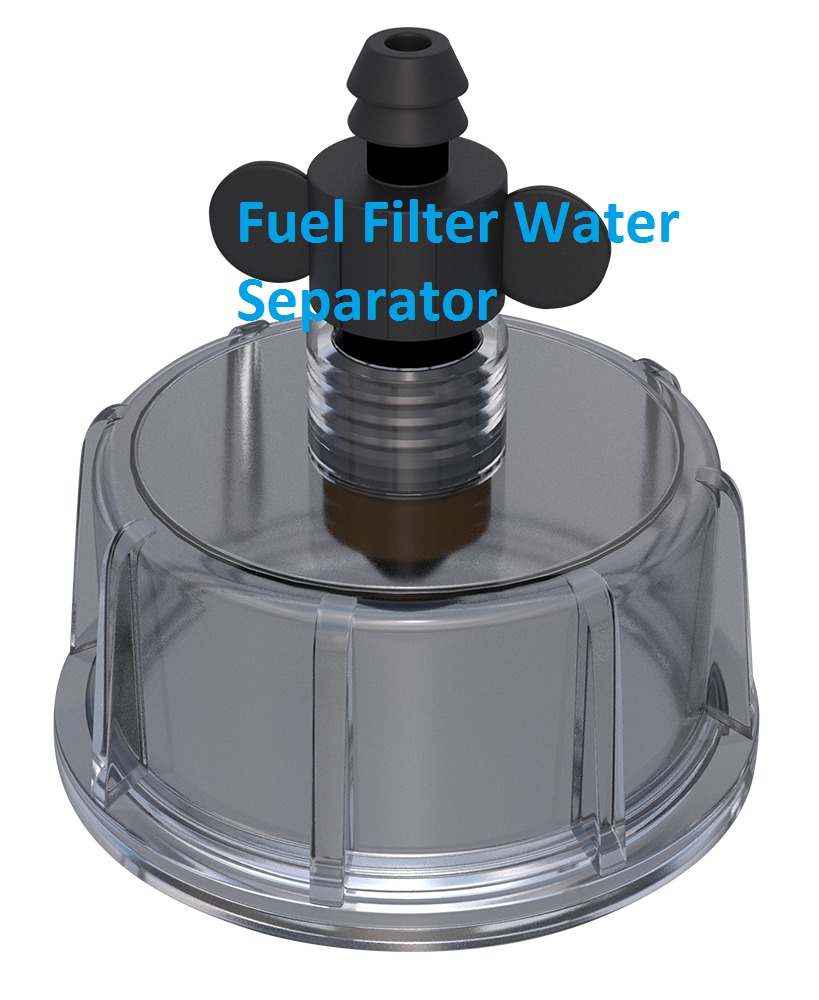Fuel Filter Water Separators

Fuel filter water separators are used to separate oil and gas from the fuel in diesel fuel tanks. Diesel fuel contains contaminants that cause engine wear and damage. Unfortunately, some of these contaminants can't be seen, smelled or tasted. They are not hazardous to humans, but they do represent a health hazard if ingested or otherwise absorbed by the body. Fuel filter systems help to prevent this.
In the past, fuel filter separators were large bulky pieces of machinery that were installed inside the engine. Modern fuel systems are much smaller in size, and the filter is usually located outside the engine. Water is run through a variety of filters, some of which are designed to remove particular contaminants while others provide general filtration. Water that passes through the filters will typically remain clear and undisturbed.
Some fuel filter water separators are designed to remove just certain contaminants, while others are designed to remove all of the contaminants in the fuel. You should choose a Fuel Water Separator that removes the contaminants that are most likely to cause health hazards when ingested. Some of the contaminants in fuel that are likely to cause health problems include lead, mercury, chromium, cadmium, copper and other metallic contaminants. Many of these metallic compounds are toxic and cause poisoning when ingested.
The purpose of using fuel filter water separators is to clean the fuel of any residual impurities that are not removed during the normal process of fuel processing. After the separation, the remnants are usually washed away without causing any harm. In fact, many fuel systems are designed so that they don't need to completely separate the fuel and water. The system simply runs continuously and removes whatever debris is left behind. In the case of a leak, you would not have an issue with contaminating the air as well, as the fuel would not be in liquid form when the leak occurred.
The different types of fuel filters include paper, foam, carbon and silicon filters. Silicon filters can be used on diesel, methanol and petroleum-based fuels. Carbon and paper filters can be used on gasoline, natural gas, kerosene, coal and wood. Paper filters are generally effective in removing most pollutants from diesel fuel. However, they remove large particulates that are difficult to filter through the smallest opening. You can learn more about the best fuel filter water separators on this site.
Silicon and carbon filters are generally the best type of fuel filter water separators to use on your engine. These filters provide the best protection against leaks and damage to the engine. They are also very effective at removing most contaminants from the fuel that is not soluble in water, such as oil and grease. Check out this post that has expounded on the topic: https://en.wikipedia.org/wiki/Water_sensor.
